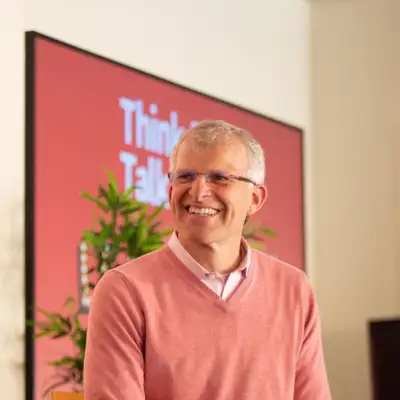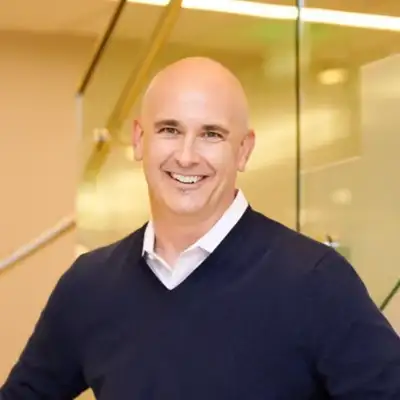Handling challenges and objections from your audience.
Show Notes
- Burt Alper
- Ep.102 Create a Presence: How to Communicate in a Way Others Can Feel
- Ep.70 Keep ’Em Coming: Why Your First Ideas Aren’t Always the Best
- Original Episode: Ep.5 From Monologue to Dialogue: How to Handle a Skeptical Audience
- Premium Signup >>>> Think Fast Talk Smart Premium
- Email Questions & Feedback >>> hello@fastersmarter.io
- Episode Transcripts >>> Think Fast Talk Smart Website
- Newsletter Signup + English Language Learning >>> FasterSmarter.io
- Think Fast Talk Smart >>> LinkedIn, Instagram, YouTube
- Matt Abrahams >>> LinkedIn
Thank you to our sponsors. These partnerships support the ongoing production of the podcast, allowing us to bring it to you at no cost.
Visit virtualspeech.com to learn how AI-powered learning can transform your team
Join our Think Fast Talk Smart Learning Community and become the communicator you want to be.
Creators and Guests
What is Think Fast Talk Smart: Communication Techniques?
One of the most essential ingredients to success in business and life is effective communication.
Join Matt Abrahams, best-selling author and Strategic Communication lecturer at Stanford Graduate School of Business, as he interviews experts to provide actionable insights that help you communicate with clarity, confidence, and impact. From handling impromptu questions to crafting compelling messages, Matt explores practical strategies for real-world communication challenges.
Whether you’re navigating a high-stakes presentation, perfecting your email tone, or speaking off the cuff, Think Fast, Talk Smart equips you with the tools, techniques, and best practices to express yourself effectively in any situation. Enhance your communication skills to elevate your career and build stronger professional relationships.
Tune in every Tuesday for new episodes. Subscribe now to unlock your potential as a thoughtful, impactful communicator. Learn more and sign up for our eNewsletter at fastersmarter.io.

